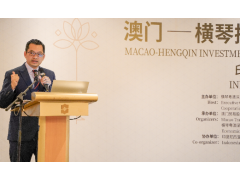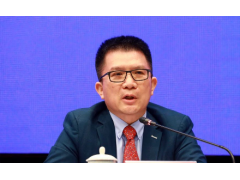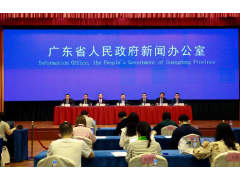In order to implement the "Global Investment Guiding Principles" reached at the G20 Hangzhou Summit in 2016, China set up and initiated an investment facilitation issue at the WTO. The negotiation on this topic aims to enhance the transparency of investment policies of participating parties, simplify investment approval procedures, strengthen international cooperation in the field of investment, further enhance the level of global investment facilitation, and promote a smoother flow of global investment. In September 2020, this issue officially entered the text negotiation stage. After nearly three years of intensive consultations, all parties have reached agreement on all issues. On July 6, 2023, the WTO Investment Facilitation Negotiations held an ambassadorial meeting. At the meeting, the joint coordinators of the negotiations, Chilean Ambassador Bosa to the WTO, and South Korea's Deputy Representative to the WTO, Park Jeong-seong, issued a statement announcing the end of the text negotiations and distributing the text of the Investment Facilitation Agreement.
Significance of the outcome of the negotiations
According to the "World Investment Report 2023" released by the United Nations Conference on Trade and Development, in 2022, global foreign direct investment will be 1.3 trillion US dollars, a year-on-year decrease of 12%. At the same time, the current pessimism in geopolitics, inflation and financial markets has put enormous downward pressure on global foreign direct investment. The Investment Facilitation Agreement is the world's first multilateral investment agreement, which will help improve the stability and predictability of global investment regulatory policies, further boost the confidence of global investors, and promote the steady growth of global investment.
At the same time, the outcome of the negotiations is conducive to bridging the problem of unbalanced development between the North and the South. Negotiations on the Investment Facilitation Agreement were initiated by developing members and supported by more than two-thirds of WTO members, with developing members contributing more than 70% of the text proposals. According to the arrangement of the negotiation results, the Investment Facilitation Agreement will provide corresponding technical assistance to developing members in need to help them improve their ability to implement the agreement, optimize the business environment, and promote sustainable development.




